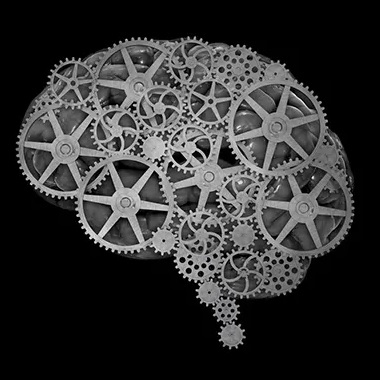- cross-posted to:
- science
- cross-posted to:
- science
I disagree smart phones have shown an effect on people memory especially younger adults and children. Blue light alone causes are harm.
Also I use to be able to memorize every one phone number now we have contacts to store them in.
Also getting places we didn’t rely on Google Maps.
Removed by mod
Hi I’m a neurology professor that studies healthy aging.
Anyone who tells you blue light does anything but keep you awake longer at night is either ignorant or is trying to sell you something (like blue light filtering lenses that do nothing). You should reevaluate where you got that information.
Blue light does not cause harm, that is a myth perpetuated by eyeglass corporations to sell you a product. You get more exposure to blue light from the sun than you ever will from your device screens. The only impact blue light has on you is interrupting your circadian rhythm.
and in terms of “memory” the article explains it:
This was because using the device shifted the way that people used their memory to store high-importance versus low-importance information. When people had to remember by themselves, they used their memory capacity to remember the most important information. But when they could use the device, they saved high-importance information into the device and used their own memory for less important information instead.
So…without looking at your mobile phone…what is your moms phone number? I remember knowing at least 10 phone numbers pre mobile era.
I never use phone contacts because I remember all the phone numbers I could possibly need (partly because almost nobody uses phone nowadays so I don’t have to remember a lot of them). I never accept calls unless I know the number or expect a call either, but I don’t need contacts for that.
The article clearly explains that using an external memory device allows users to offload low importance information and focus on remembering high importance information:
This was because using the device shifted the way that people used their memory to store high-importance versus low-importance information. When people had to remember by themselves, they used their memory capacity to remember the most important information. But when they could use the device, they saved high-importance information into the device and used their own memory for less important information instead.
deleted by creator







